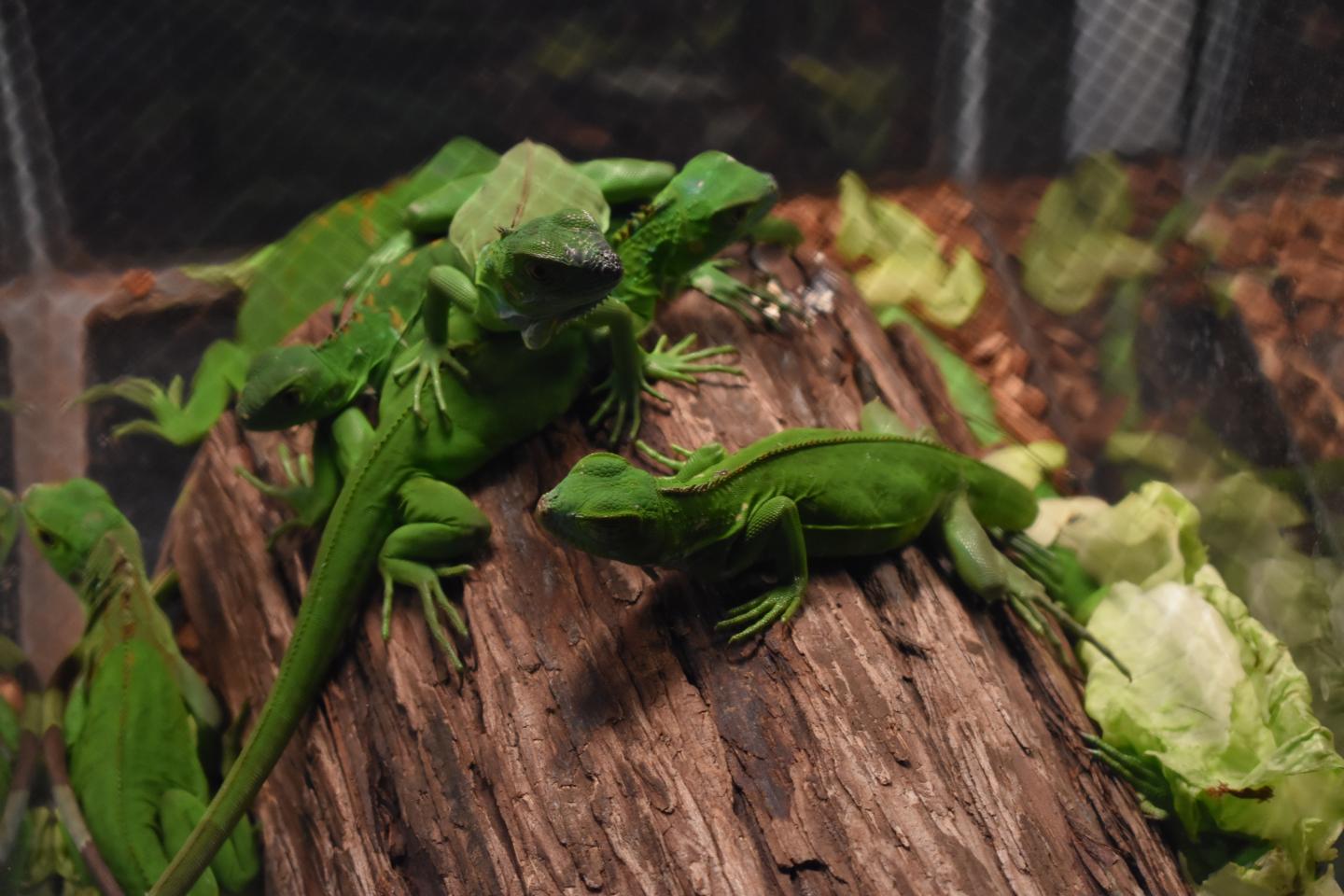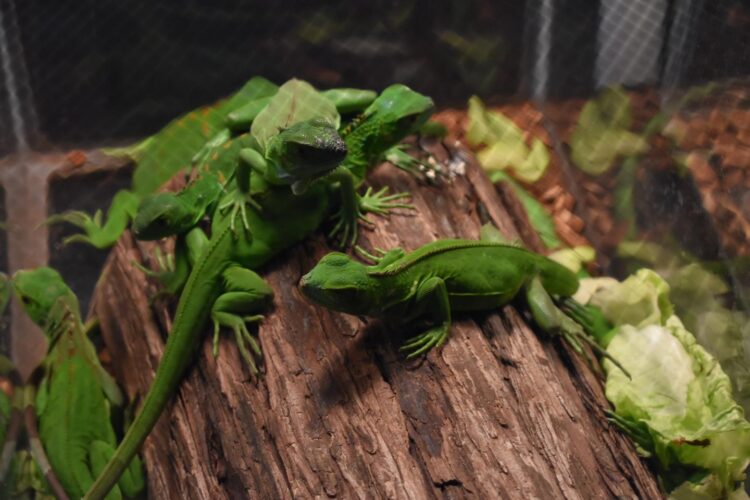
Credit: Adam Toomes
Unsustainable trade of species is a major pathway for the introduction of invasive alien species at distant localities and at higher frequencies. It is also a major driver of over-exploitation of wild native populations. In a new study, published in the peer-reviewed open-access scholarly journal Neobiota, scientists estimated the desire of Australians to own non-native and/or illegal alien pets and the major trends in this practice. In addition, the team suggests ways to improve biosecurity awareness in the country.
Over the last two decades, Australia has been experiencing an increased amount of non-native incursions from species prominent in the international pet trade, such as rose-ringed parakeets, corn snakes and red-eared sliders. On many occasions, these animals are smuggled into the country only to escape or be released in the wild.
In general, the Australian regulations on international pet trade are highly stringent, in order to minimise biosecurity and conservation risks. Some highly-desirable species represent an ongoing conservation threat and biosecurity risk via the pet-release invasion pathway. However, lack of consistent surveillance of alien pets held, legally or otherwise, in Australia remains the main challenge. While there are species which are not allowed to be imported, they are legal for domestic trade within the country. Pet keepers have the capacity to legally or illegally acquire desired pets if they are not accessible through importation, and the number of such traders is unquantified.
Since keeping most of the alien pets in Australia is either illegal or not properly regulated, it is really difficult to quantify and assess the public demand for alien wildlife.
“We obtained records of anonymous public enquiries to the Australian Commonwealth Department of Agriculture, Water and the Environment relating to the legality of importation of various alien taxa. We aimed to investigate whether species desired in Australia were biased towards being threatened by extinction, as indicated by broader research on pet demand or towards being invasive species elsewhere, which would indicate trade-related biosecurity risks”, shares the lead author Mr. Adam Toomes from the University of Adelaide.
According to the research team’s analysis, pets desired by Australians are significantly biased towards threatened species, invasive species and species prominent in the U.S. pet trade.
“This novel finding is of great concern for biosecurity agencies because it suggests that a filtering process is occurring where illegally smuggled
animals may already be “pre-selected” to have the characteristics that are correlated with invasive species,” warns Mr. Adam Toomes.
However, the bias towards species already traded within the U.S. suggests that there is potential to use this as a means of predicting future Australian desire, as well as the acquisition of pets driven by desire. Future research from the Invasion Science & Wildlife Ecology Group at The University of Adelaide will investigate whether Australian seizures of illegal pets can be predicted using U.S. trade data.
###
Original source:
Toomes A, Stringham OC, Mitchell L, Ross JV, Cassey P (2020) Australia’s wish list of exotic pets: biosecurity and conservation implications of desired alien and illegal pet species. NeoBiota 60: 43-59. https:/
Media Contact
Adam Toomes, University of Adelaide, Australia
[email protected]
Related Journal Article
http://dx.





